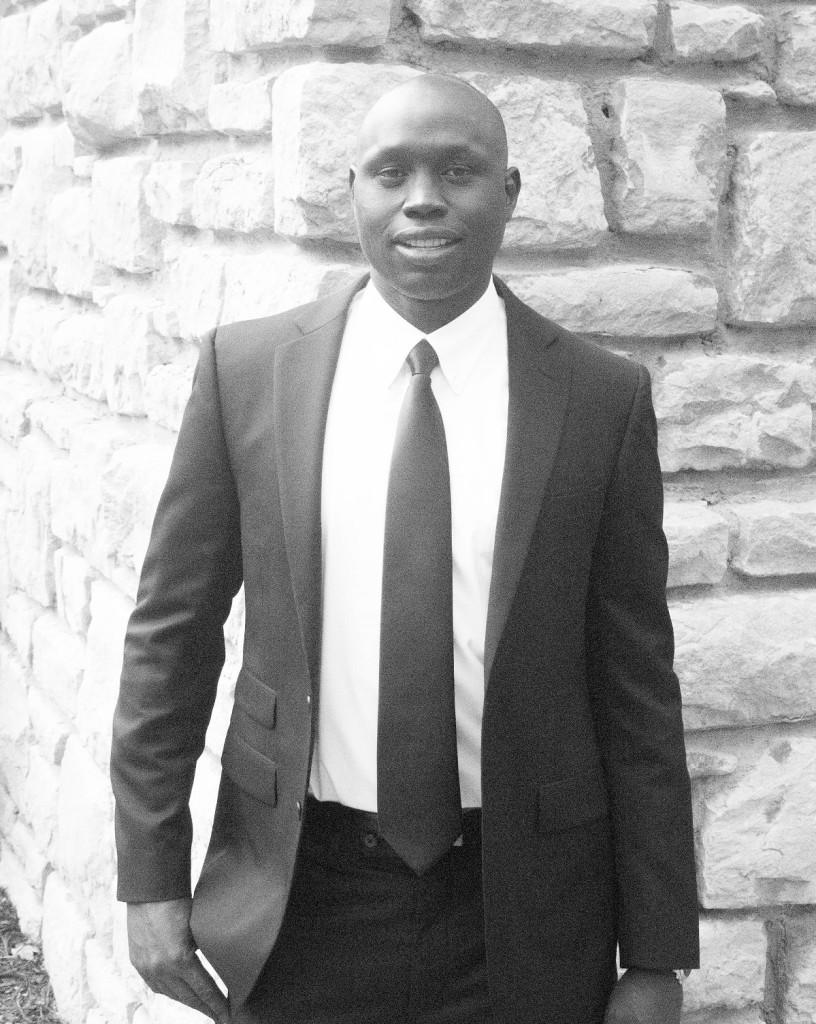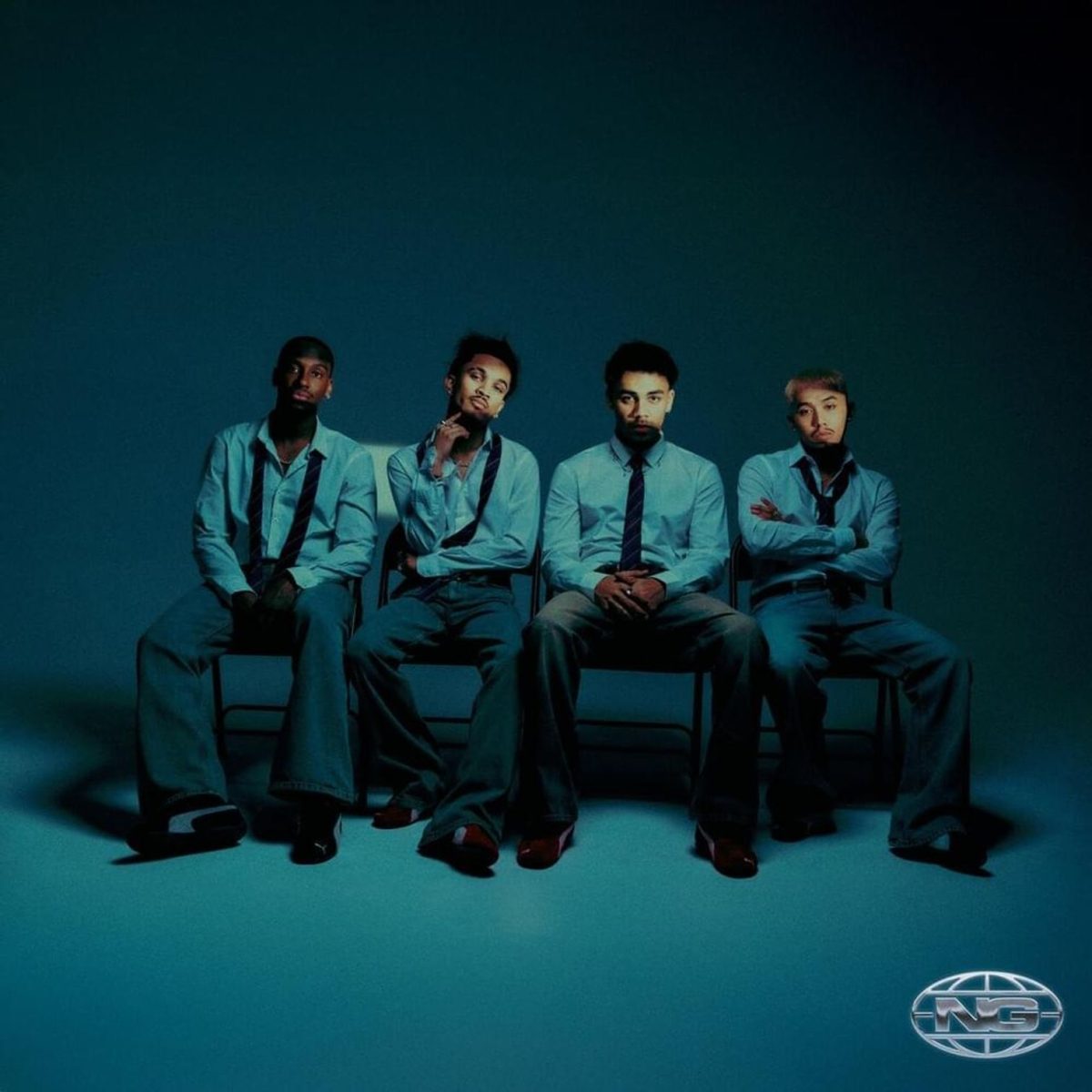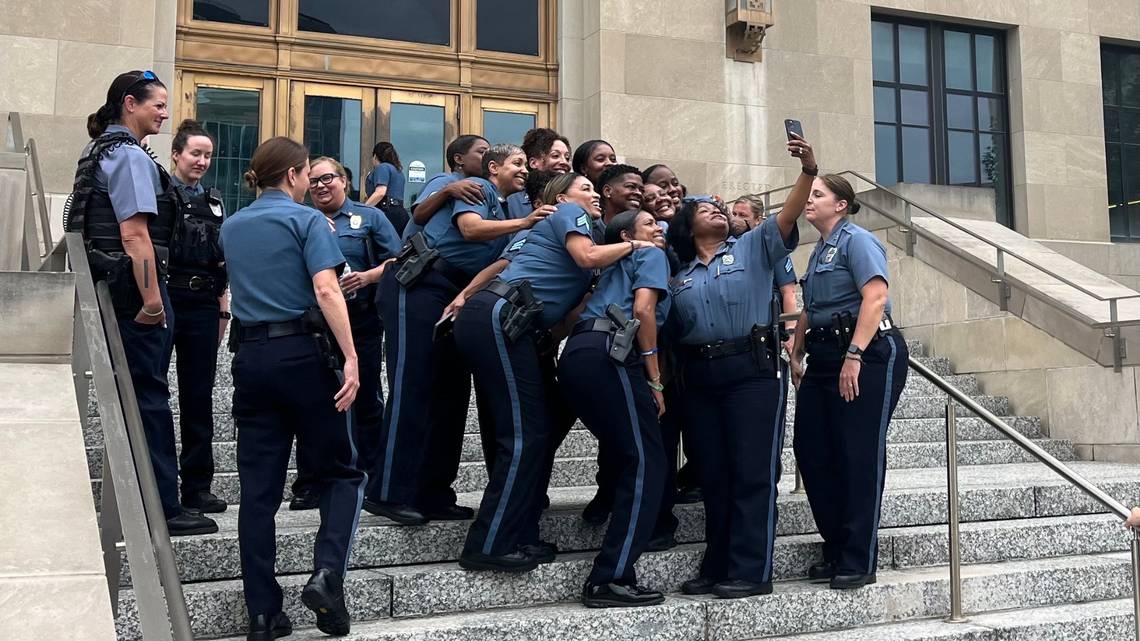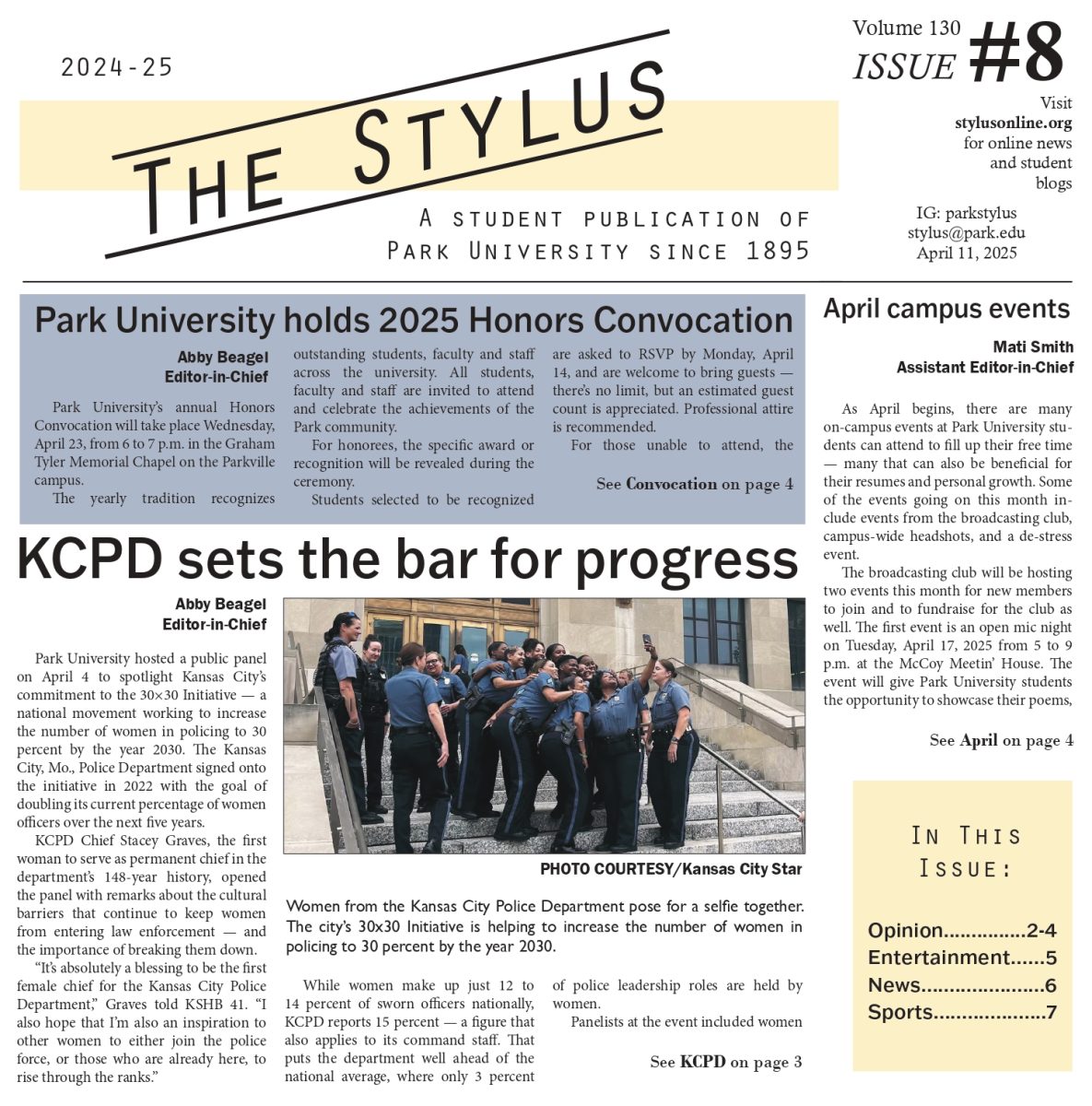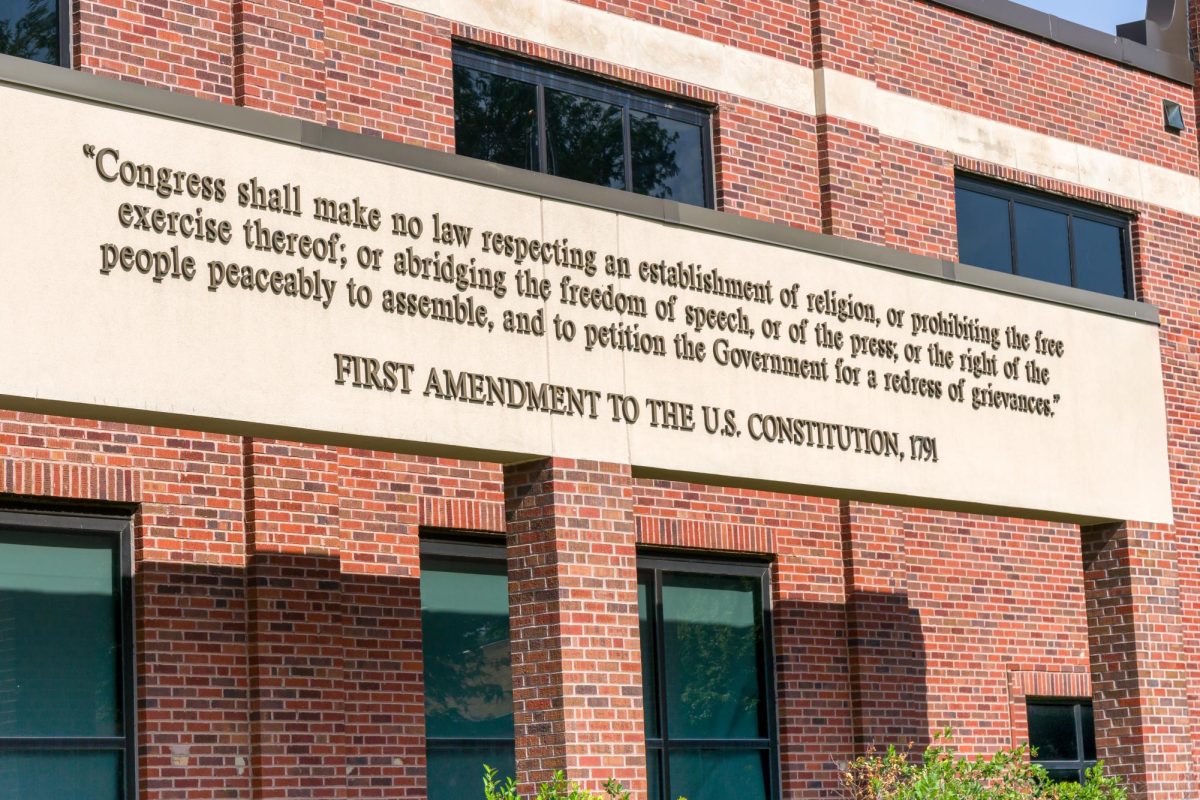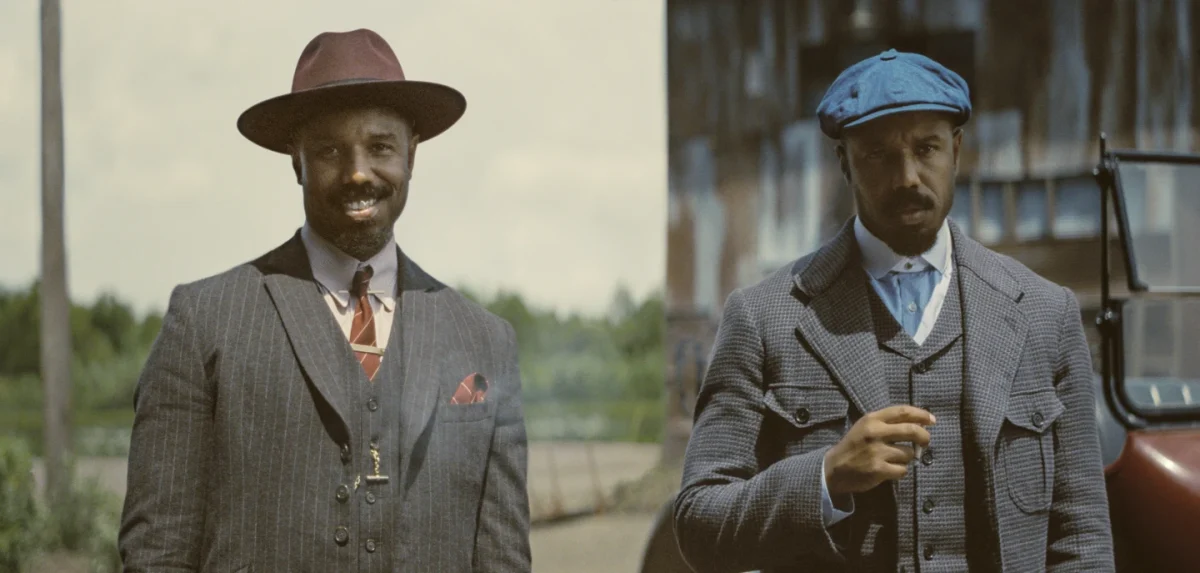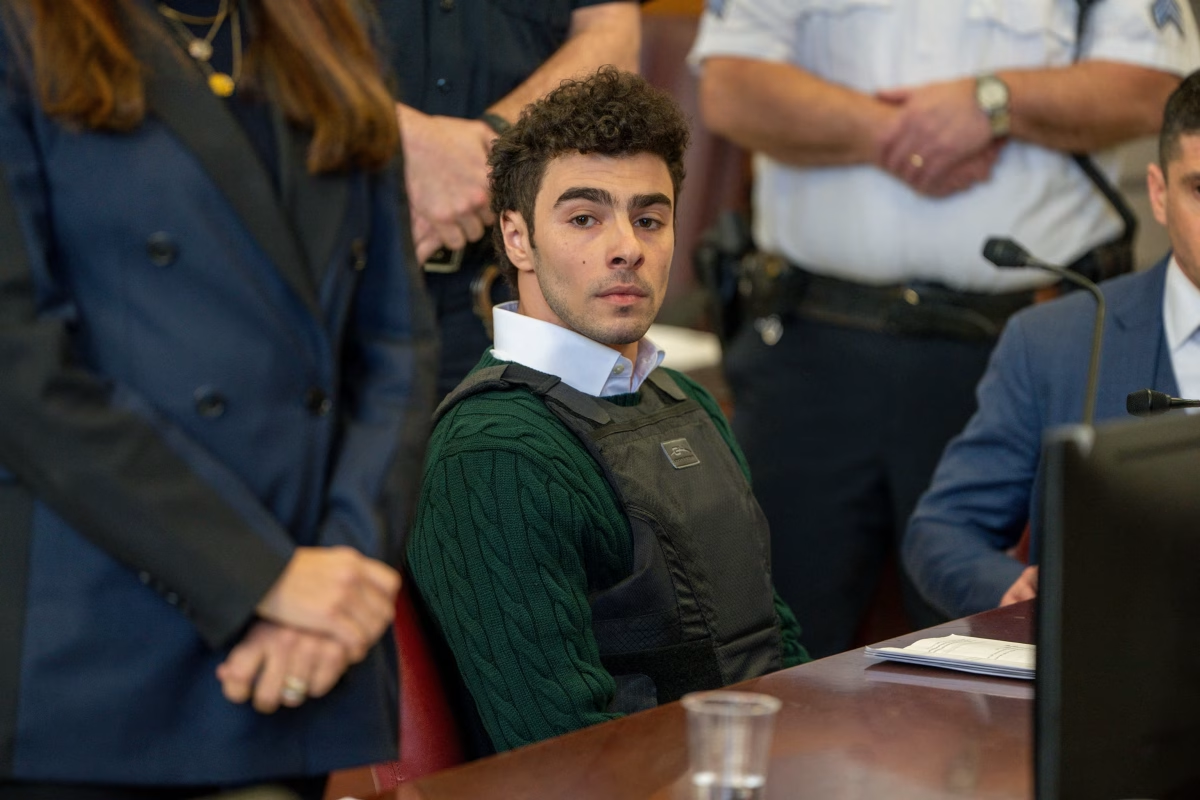For Park University student Daniel Char, the U.S. is more than a place to earn a degree – it is a home from war.
Char, who is currently studying criminal justice and biology, is one of the South Sudan “Lost Boys” that sought refuge in various countries until landing at Park in August 2011.
“Lost Boys” are South Sudanese children who separated from their parents during the civil war in Sudan from 1983 through 2005.
“We are called lost boys because we were separated from our parents in 1986 and some of us separated in 1985,” Char said.
More than 4,000 “Lost Boys” came to the U.S. while the civil war killed two million people, injured thousands and displaced millions others into Ethiopia, Kenya and Uganda, Char said.
“What happened was I lived in a small village, so the Islamic force came at night to attack us in our village,” he said.
During the attack, he ran to the bush to hide. He met other boys who were displaced in the same attacked. He said both adults and children were scattered in the forest.
But some parents escaped with their children and those parents became “Lost Boys” guardians during their journey, he said. They took them to safety in a cattle camp. However, it was unsafe for them to go home because Islamic forces destroyed their village, he said.
Therefore, those parents decided to take refuge in Ethiopia, Char said. Their journey took four weeks. But on the way, they faced many challenges. Many died of hungry, thirst or diseases, he said.
When they crossed into Ethiopian border, he said some villagers gave them maize or flour. At the same time, other villagers gave them cows, goats, and sheep to eat, Char said.
During his time in Ethiopia, Char met his cousins and lived with them in a group of “Lost Boys.” Although he was saved, this was the most difficult time for him. He was only eight years old when he separated with his family. Before the war, Char lived with his parents, four brothers, five sisters and cousins.
As a young boy, he felt lonely, separated and unloved, Char said.
However, living together as “Lost Boys” enabled a group of friends to support themselves emotionally, socially and economically, Char said. Lost boys cooked, collected firewood, fetched water and built their own houses.
His separation made him responsible at earlier age, he said.
As a refugee, his diet was usually lentils or beans. Meat and fish were expensive, so the boys could not afford them, Char said. To buy meat, clothes, shoes or fish, they had to sell some of their foods. He said they sold oil, sugar, maize, rice and wheat in order to buy what they need.
Living together also made the boys good friends, Char said, and they respected, cared and trusted one another. When school opened, they divided themselves in two groups – morning and evening students. This arrangement was made to ensure that students who remained at home cooked for the team in schools, he said.
After five years in Ethiopia, Char was learning English.
In May 1991, Ethiopian rebels were able to overthrow government in Addis Ababa. As a result, President Mengistu Haile Mariam, who supported Sudanese rebels, left the country. Before his government collapsed, Mariam was supporting rebels to remove President Omar Bashir in Khartoum.
At the same time, Bashir’s government in Sudan was training Ethiopian rebels to overthrow him. This military alliance was planning to weaken rebels in each country. It suggested that whoever wins the war in each country, can also force rebels to leave their country.
For this reason, success of Ethiopian rebels to oust president Mariam led to forceful repatriation of Sudanese people to their country. Many Sudanese were killed and all military training camps were closed, Char said. This included three refugee camps: Dimma, Etang, and Pinyudo.
The Sudanese people had no choice but to move back to their country. In Sudan, rebels and government’s forces were still fighting. Thus, people who fled from Ethiopia went to rebels’ towns in South Sudan. Char’s town was in the government control and Char was forced to live in a different location in Sudan. After four years in his country, he started another journey to Kenya in 1995.
“We found Kenya to be a safe place,” said Char. “It had security to protect us.”
He lived in Kenya for two years but at age 17, Char decided to go to South Sudan and looked for his missing family. He said he found them alive and it was a happy day for them to reunite after 11 years of separation.
It was the first time for him to see his mother and siblings in more than a decade, however, he was unable to meet with his father.
Char said his father was alive but his location was unknown to the family. He stayed with his mother for a year. Char went back to Kenya in 1998 to pursue his education. After he met his mother, it took another five years to talk to his father on a phone, Char said. Eventually, father and son communicated with each other in 2002.
Char said when he separated with his father, he was 8, however, during their phone conversation, he was now 24 years old. He said he grew up like an orphan, missing all his parental education.
Since Char arrived at Park, he has been continuing to pursue a greater future for himself. He currently has an associate’s degree in Police Science.
“Currently, I’m working with Community Blood Center as a lab technician,” Char said.



